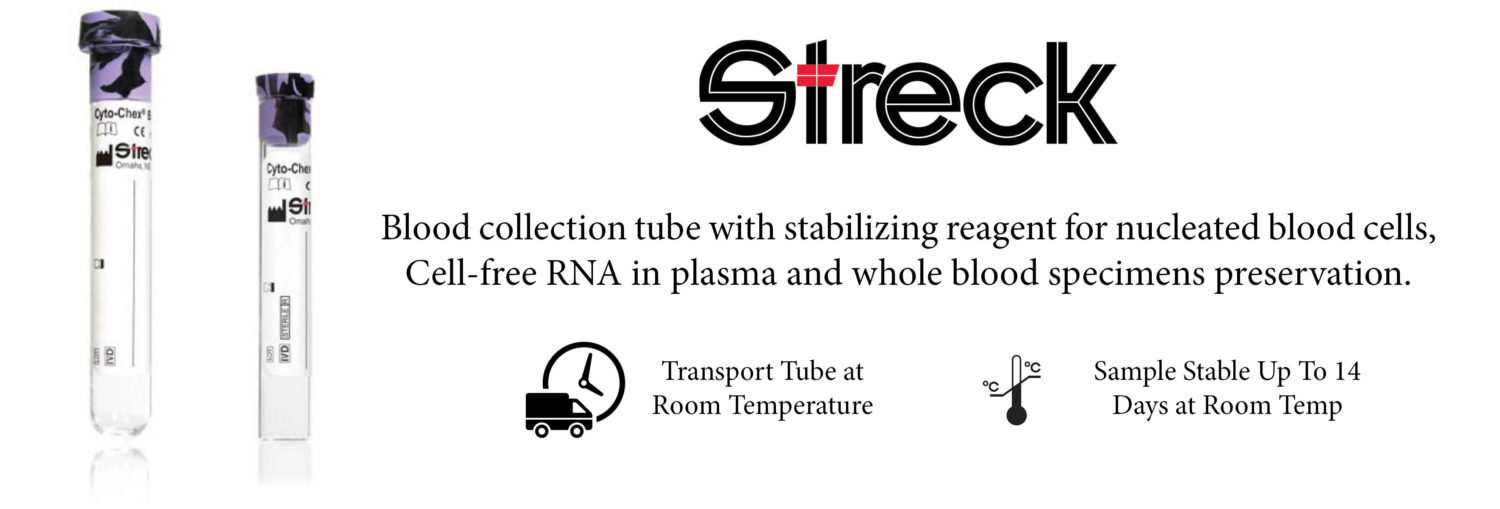Abstract
PAX8, a nephric cell lineage transcription factor initially characterized in renal cell carcinomas, is also well recognized as a marker of Müllerian tract and thyroid tumors. From a previous tissue microarray study of nonrenal neoplasms including a variety of skin tumors, we identified PAX-8 staining in a small set of Merkel cell carcinomas, a finding not previously described. Herein, we explore PAX-8 immunoreactivity in 34 whole-section Merkel cell carcinomas (24 primary, 10 metastatic) using polyclonal PAX-8 (prediluted) and 2 varieties of monoclonal PAX-8 (prediluted clone MRQ-50 and 1:100 dilution clone BC12). Nuclear staining intensity and extent was semiquantitatively analyzed with a comparison of staining thresholds required for a “positive” result (≥ 2+ vs. 1+). Thirty-three of 34 (97%) cases showed positive Cell Marque polyclonal PAX-8 staining, whereas 31 of 34 (91%) cases showed positive Cell Marque monoclonal PAX-8 staining. There was no significant difference in staining between primary versus metastatic tumors. The Cell Marque polyclonal PAX-8 was superior to their monoclonal PAX-8, maintaining strong sensitivity using a ≥ 2+ versus 1+ staining cut point for positive results (79% vs. 18%, respectively), which may be important in cases with scant tissue or background staining. The Biocare monoclonal PAX-8 was negative in all cases. PAX-8 staining in Merkel cell carcinoma expands the spectrum of tumors showing immunoreactivity and may prove to be a useful addition to a diagnostic panel. Awareness of this immunoreactivity and recognition of the antibody source and clone are important to preclude diagnostic pitfalls with tumors in the differential diagnosis.
Sangoi AR, Cassarino DS.

